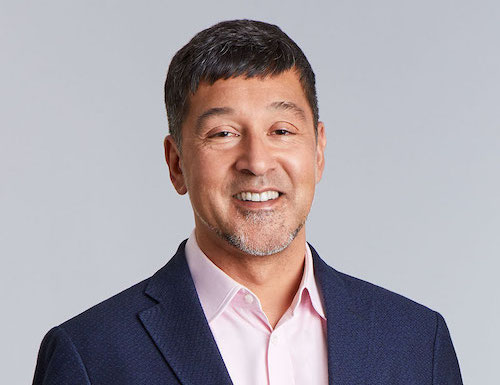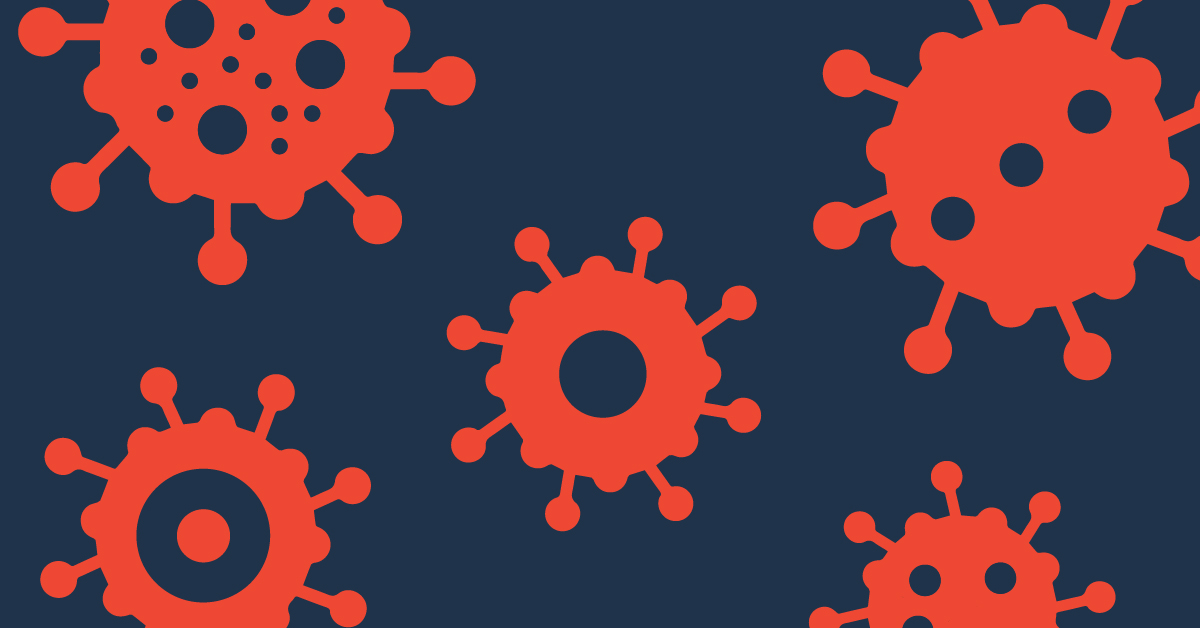As communities around the world continue to grapple with the impact of COVID-19, experts are warning of a second public health crisis brewing in the background. An ever-present risk of getting sick combined with financial stressors caused by the economic downturn are poised to exact a high toll on mental health.
In recent years, rates of mental illness, which affects one in five people, or 46.6 million Americans, have been increasing, especially among young adults. Representing a wide range of conditions, these diseases include depression, bipolar disorder, schizophrenia, substance use disorder, anxiety disorders, eating disorders, obsessive compulsive disorder and post-traumatic stress disorder as well as others. The economic impact is also significant with resulting lost wages, health care expenditures and disability benefits costing the U.S. more than $317 billion annually.
“Around the world, there is a mental health crisis that is not fully understood and absolutely not fully addressed,” said Kabir Nath, president and CEO of Otsuka North America. “When you overlay the disruption and uncertainty caused by the COVID-19 pandemic on top of this, the negative impact is compounded exponentially.”





